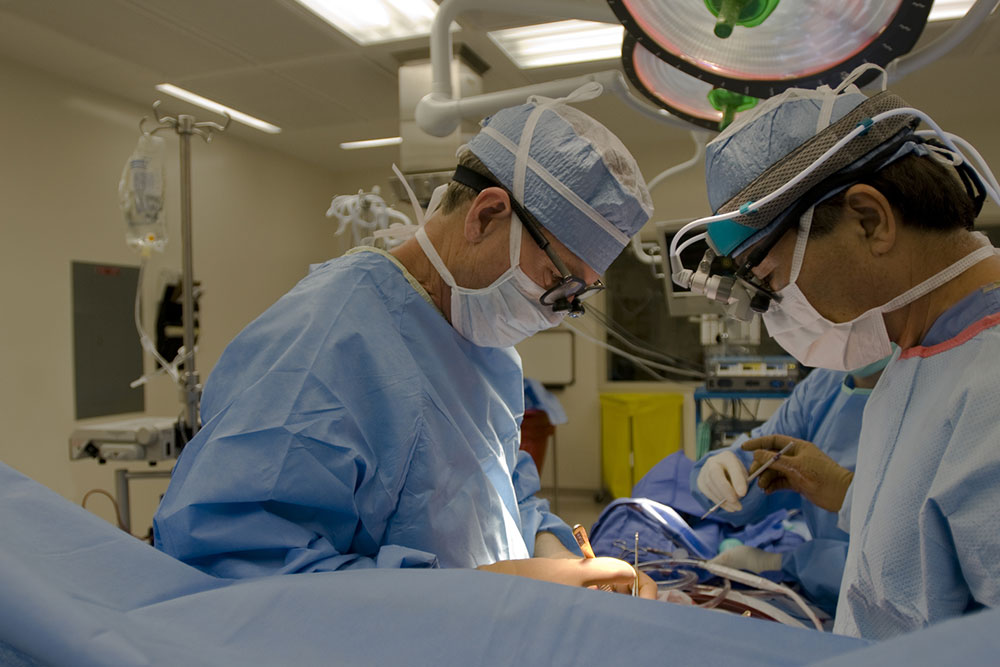Understanding Gastric Sleeve Surgery: How It Works, Advantages, and Costs
Gastric sleeve surgery is a minimally invasive procedure that aids in weight loss and improves health conditions. This article discusses eligibility, surgical steps, benefits, costs, and post-operative care, helping patients make informed decisions. It highlights the procedure's safety, quick recovery, and potential health improvements, emphasizing the importance of consulting healthcare professionals for personalized advice.

Gastric Sleeve Surgery: An Overview of Procedure, Benefits, and Expense
Gastric sleeve surgery, also called sleeve gastrectomy, is a popular weight-loss option aimed at improving health by influencing appetite and metabolism. The procedure is generally safe but requires proper medical guidance. Recovery usually takes a few weeks before returning to normal activities. Knowing the essential aspects of this surgery helps in making an informed choice.
Eligibility Criteria
Gastric sleeve surgery is typically recommended for individuals with a BMI of 40 or higher. BMI, or body mass index, is calculated by dividing body weight by the square of height in meters. Those with related health issues like sleep apnea, heart problems, or type 2 diabetes may also qualify, even if their BMI is lower. Prior efforts such as diet, exercise, and non-invasive treatments must usually be attempted first. Doctors, dietitians, and mental health professionals collaborate to evaluate each case through tests and screenings to determine suitability.
Procedure Details
After establishing eligibility, the surgery is scheduled. Patients are often advised to switch to liquid diets for two weeks beforehand and to fast for about 12 hours before the operation for safety reasons. The procedure involves small incisions to access the abdomen, typically performed laparoscopically. A thin tube with a camera, called a laparoscope, helps the surgeon see inside. During surgery, around 80% of the stomach is removed, leaving a narrow, banana-shaped sleeve. The entire process takes about 1 to 1.5 hours, after which patients are monitored for 1-2 days to watch for any immediate effects like pain or nausea.
The surgeon uses small incisions to insert instruments and a camera. This minimally invasive method offers quicker recovery.
The goal is to create a stomach sleeve that limits food intake and affects hunger hormones.
Patients typically stay in the hospital 1-2 days post-operation, with follow-up care to ensure proper healing.
Expected Outcomes and Advantages
The surgery significantly reduces food consumption, promoting faster satiety and fewer cravings. It also helps improve or resolve health issues such as high blood pressure, insulin resistance, cholesterol problems, fatty liver, joint pain, and cardiovascular risks. Being minimally invasive, it boasts a faster recovery period and fewer complications compared to other weight-loss surgeries, as internal organs are not rearranged.
Cost Insights
On average, gastric sleeve surgery costs approximately $19,000. The actual expense can range between $17,000 and $26,000, possibly reaching up to $33,541 depending on factors like hospital choice, surgeon expertise, aftercare needs, and length of stay. Insurance plans may cover some costs if the procedure is deemed medically necessary by a healthcare provider.
Post-Operative Care
Follow-up visits are vital over the months after surgery, allowing doctors to monitor healing and address any side effects. Blood tests might be needed to assess iron, glucose, calcium, and vitamin levels. Lifestyle modifications include a diet transition from liquids to small, light meals, avoiding high-calorie foods, and maintaining nutritional supplements. Adopting these changes helps sustain the surgery's results and overall health.
Initially, focus on liquid foods, gradually shifting to small, balanced meals spread throughout the day.
Avoid high-calorie foods and beverages during and after meals to prevent overfilling.
Consistently include vitamins and minerals as recommended by healthcare providers to prevent deficiencies.
To find trustworthy surgeons, searching online for “gastric sleeve specialists near me” provides local options. Reviewing hospital and provider reviews, consulting with professionals, and verifying insurance coverage help in selecting the right provider.
Important Notice:
The information shared here about symptoms, treatments, health conditions, and side effects serves educational purposes only. It should not replace professional medical advice. Always consult licensed healthcare professionals for diagnosis and treatment decisions.










